You might understand the importance of estate planning, but there's certainly the question of where to start. No matter your net worth, you need a plan set in place that can help your heirs understand your final wishes and distribute your estate properly. As you prepare to have the discussion, here are a few tips and considerations to keep in mind.
Name an Executor
After your passing, you’ll want to have somebody in place who can execute your wishes. This person is aptly named an executor.
Many people choose a spouse, sibling, child, or close friend as executor. In most cases, the job is fairly straightforward. Still, you might give special consideration to someone who is well organized and capable of handling financial matters. Someone who is respected by your heirs and a good communicator also may help make the process run smoothly.
Above all, an executor should be someone trustworthy, since this person will have a legal responsibility to manage your money, pay your debts (including taxes), and distribute your assets to your beneficiaries as stated in your will.
If your estate is large or you anticipate a significant amount of court time for your executor, you might think of naming a bank, lawyer, or financial professional. These individuals will typically charge a fee, which would be paid by the estate. In some families, singling out one child or sibling as executor could be construed as favoritism, so naming an outside party may be a good alternative.
Understand Estate Taxes
Tax planning should be an integral part of your estate planning strategy. You’ll want to work with a tax professional who can help you navigate state inheritance laws and federal estate taxes. The 2017 Tax Cuts and Jobs Act raised the federal estate tax significantly, making it easier for families to maintain their estate when transferring to loved ones. Estates with combined gross assets under $11,700,000 (for individuals) are not required to file an estate tax return.1 However, it's important to note that there is a new tax law proposal that could cut the amount in half, or close to it. There will be more information about that in the future if it becomes reality.
Prepare Your Health Care Documents
Healthcare documents spell out your wishes for health care if you become unable to make medical decisions for yourself. They also authorize a person to make decisions on your behalf if that should prove necessary.
These documents may include:
- Living will
- Power of attorney (typically for financial matters)
- Durable power of attorney for healthcare
Assess Your Life Insurance Policy
When was the last time you assessed your life insurance coverage? Have you compared the life insurance benefit with your financial obligations? Keep in mind that several factors will affect the cost and availability of life insurance including age, health, and the type and amount of insurance purchased.
Life insurance policies have expenses, including mortality and other charges. If a policy is surrendered prematurely, the policyholder also may pay surrender charges and have income tax implications. You should consider determining whether you are insurable before implementing a strategy involving life insurance. Any guarantees associated with a policy are dependent on the ability of the issuing insurance company to continue making claim payments.
Write a Letter of Intent
A letter of intent is a non-legal document that outlines your wishes. A strong, well-written letter may save your heirs time, effort, and expense as they administer your estate. It acts as a message from the deceased and can include an array of information from providing organization and outlining last wishes, to detailing information and sending personal messages. Consider including instructions for your funeral arrangements and other details that are important to you.
Organize Your Documents
After your passing, you’ll want your heirs and executor to be able to easily obtain and access important documents.
These documents may include:
- Your will
- Trust documents
- Life insurance policies
- Deeds to any real estate
- Certificates for stocks, bonds, annuities
- Information on your financial accounts and safe deposit boxes
- Information on your retirement plans
- Information on any debts you have: credit cards, mortgages and loans
Talk to Your Family
Do you have stepchildren and ex-spouses? Have you been caring for any foster children? Have you been caring for a grandchild, niece, or nephew? With the help of a financial planner and an estate planning professional, you can structure a will or trust that accounts for everyone you wish to provide for. The more clear and specific you can be the better, as you will reduce the amount of confusion among your family. Otherwise, everyone who thinks they deserve something from your estate may try to extract it in probate.
There are many factors to consider when creating an estate plan. Before diving into the estate planning process, you should consult with a seasoned financial professional and estate planning professional that will help you make sure you’ve covered all the bases when working to plan for your passing. Feel free to...
This content is developed from sources believed to be providing accurate information. The information in this material is not intended as investment, tax, or legal advice. It may not be used for the purpose of avoiding any federal tax penalties. Please consult legal or tax professionals for specific information regarding your individual situation. The opinions expressed and material provided are for general information, and should not be considered a solicitation for the purchase or sale of any security. Digital assets and cryptocurrencies are highly volatile and could present an increased risk to an investors portfolio. The future of digital assets and cryptocurrencies is uncertain and highly speculative and should be considered only by investors willing and able to take on the risk and potentially endure substantial loss. Nothing in this content is to be considered advice to purchase or invest in digital assets or cryptocurrencies.
Enjoying Escient Financial’s Insights?
The weekly newsletter is usually delivered to your email inbox Friday or Saturday, and includes:
- the latest Escient Financial Insights articles
- a brief of the week's important news regarding the markets
- recommended third-party reads
- selected Picture of the Week
Escient Financial does NOT sell subscriber information. Your name, email address, and phone number will be kept private.
















